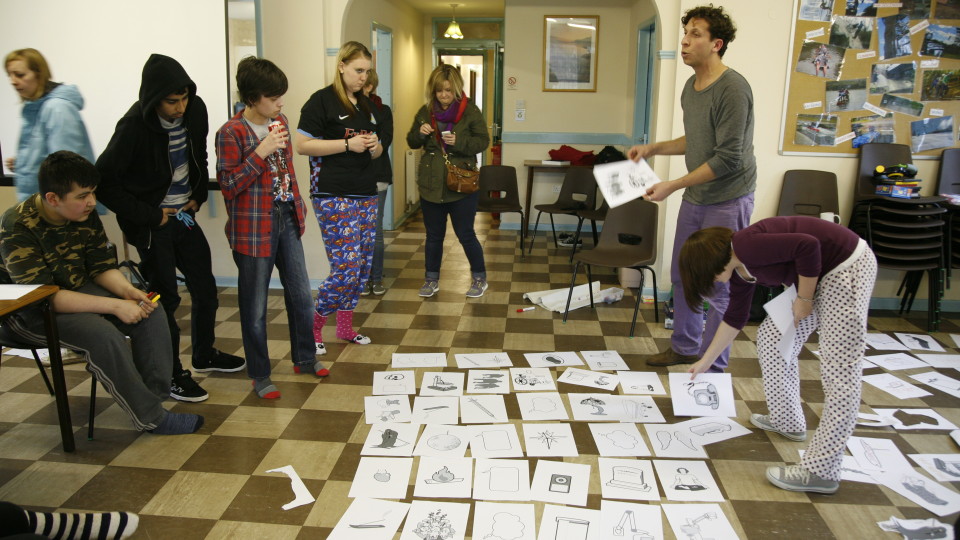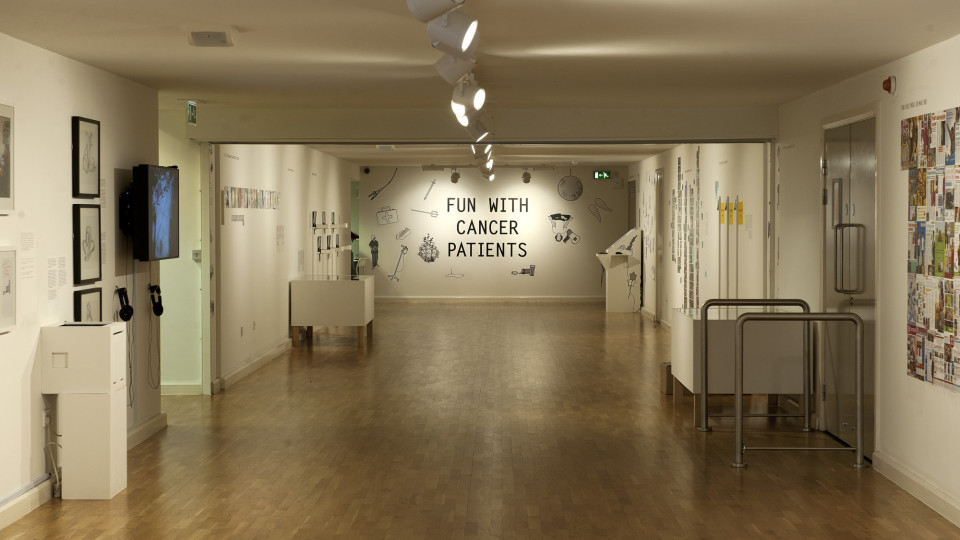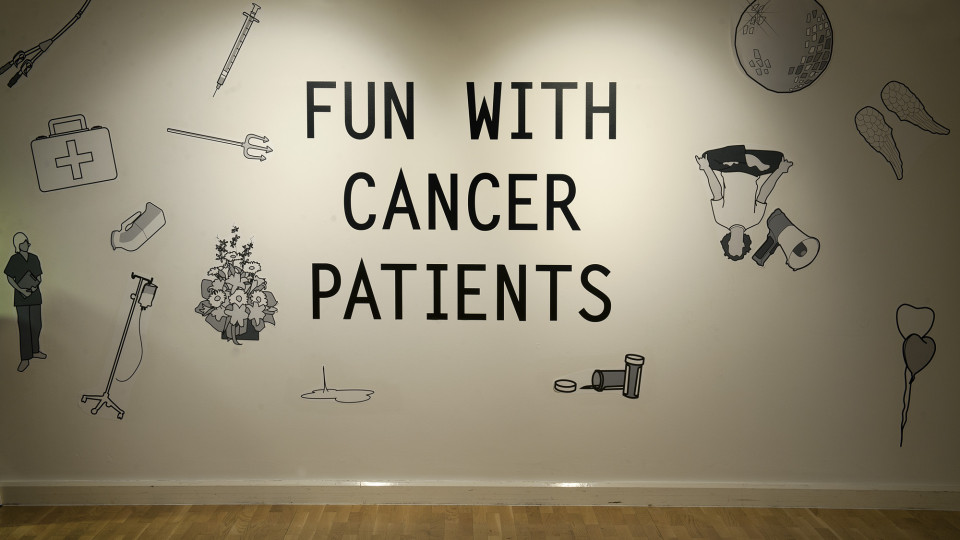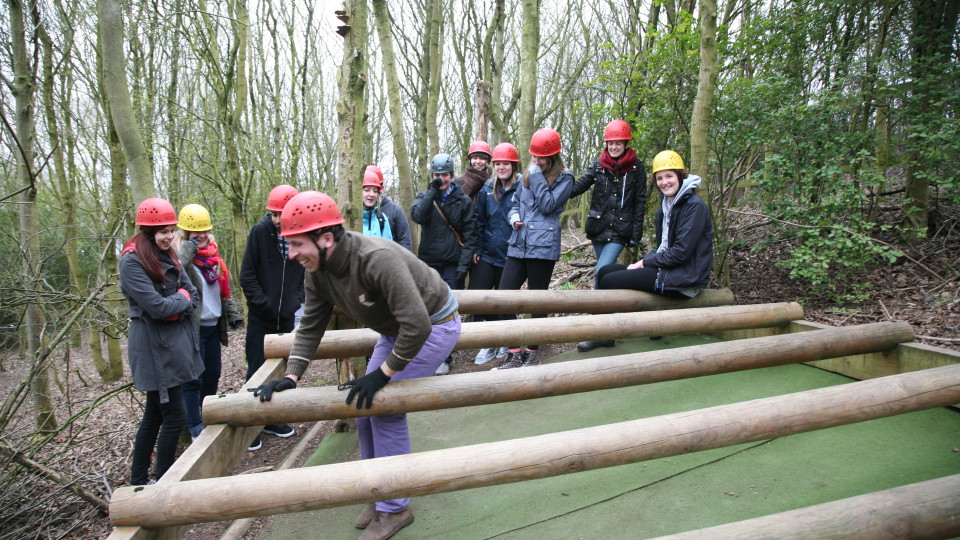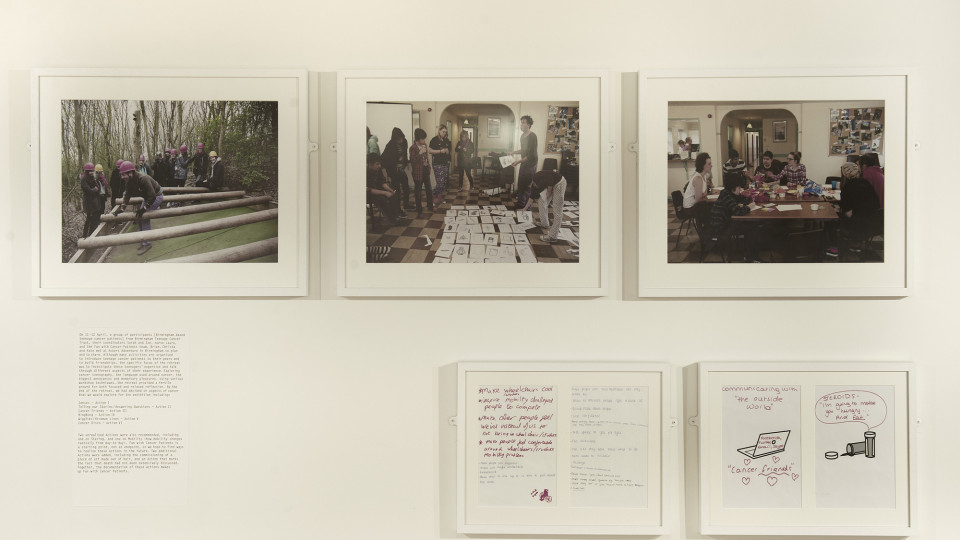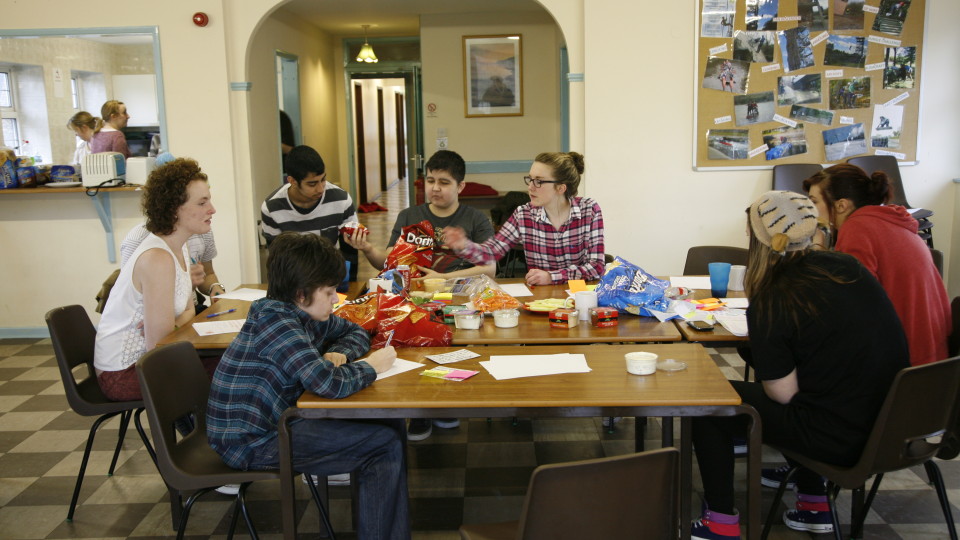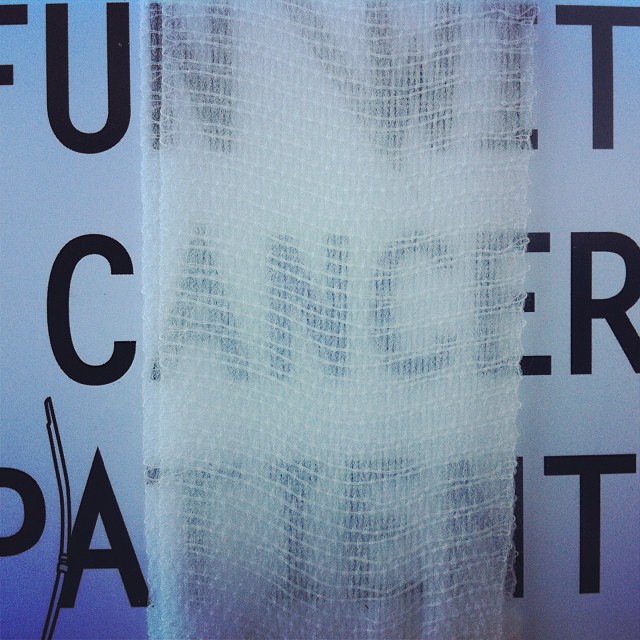Fun with Cancer Patients - Birmingham / Ghent / London
Fun with Cancer Patients is a project dedicated to raising the intellectual understanding of the cancer experience without turning cancer into something inspiring, sweet or sombre. By looking at the reality of cancer – the smells, the annoyances, the pleasures, the absurdities – Fun with Cancer Patients explores the psychosocial aspects of cancer and provides patient participants an opportunity to reflect on their unique experiences and wisdom.
Facilitated and realised by performer Brian Lobel, the process of Fun with Cancer Patients is quite simple: Brian works with a specific individual or group of patient participants and discussed what they want or need – in relation to their illness – and then works with them to create an extravagant intervention to address this want/need.
All photos by Christa Holka.
For FULL ARCHIVE look at Fun with Cancer Patients via CANCER tab.
Interventions have included pop-up kitchens, far-flung car trips, hacked infusion machines, and much much more, and have provided opportunities for patient participants and our medical advisory team to speak and reflect on issues such as post-treatment anxiety, the language of illness, the development/loss of friendships, hairloss, decrease/increase of appetite, and beyond.
Fun with Cancer Patients started as an Research & Development project (supported by Wellcome Trust) in London in 2009, and then was a major collaboration between Fierce Festival and Birmingham Teenage Cancer Trust, which resulted in both a publication and installation at macBirmingham, in Autumn 2013. The exhibition then travelled to Ghent, Belgium, where - in collaboration with Vooruit, the (IM)Possible Futures Festival and These Things Take Time Gallery, four new Actions were created. The exhibition will tour and grow, with new patient participants and new actions at each site.
Artist Statement
Cancer. Those two little syllables could make me shiver, see sickness, bald-headedness and death. I was one month past my twentieth birthday and I had cancer… (BALL, 2003)
Writing these words when I was diagnosed with testicular cancer in 2001, I had no idea I would be embarking on a more-than-decade-long mission to try to understand these six letters, and how they are discussed, used, abused, silenced and shouted in today’s public discourse. Despite the overabundance of charities, research campaigns, ribbons, bracelets and celebrity testimonials, still so little is known about what it actually means to have cancer. Fun with Cancer Patients was created to give a space for honest reflection, first for patients, then for medical staff, about the effects and realities of this illness. This project is an attempt to open that reflection up to the public, all of whom come with their own cancer story. As with any piece of art, a viewer’s interpretation is deeply affected by their own experience, especially true when the work is about cancer. We hope viewers will embrace their histories and contribute their own cancer stories as they really wish to tell them, not just how they think we want them to be heard.
Fun with Cancer Patients features documentation of Actions that have already happened – one-off events meant to provide a fantastical solution to a recognisable problem or issue facing current patients. The distance between the Actions and the exhibition pieces we created asks viewers to examine their own critical distance from the word cancer – or if they have had the privilege of having any distance at all. Instead of asking for your sympathy, or pity, Fun with Cancer Patients asks for your intellectual and critical engagement around cancer, which may eventually help create a safer environment for cancer patients to thrive as thinking/feeling members of society.
There is much we can learn from the insight of the patient participants featured in Fun with Cancer Patients, if we engage in what they have to teach us without demanding they tell a story with a happy or inspiring ending. It’s not a cancer patient’s job to inspire – having cancer is enough of a full time job. But it’s our job to listen to what they have to say and how they feel, even when those words and feelings may be inconvenient or difficult. And these words and feelings often are inconvenient, and difficult, as well as being real, funny, profound, profane, mundane, political, ridiculous, hilarious, frightening and thrilling… The fact they can be all of these things about cancer, well, that is inspiring indeed.
-Brian
